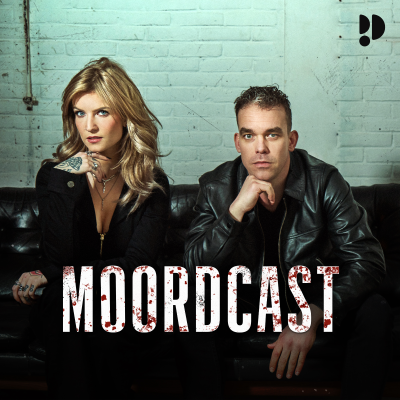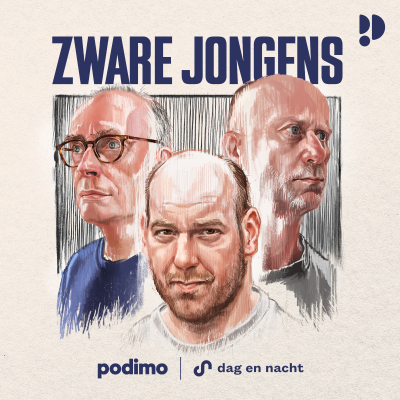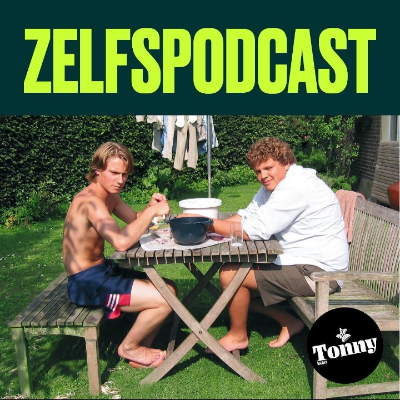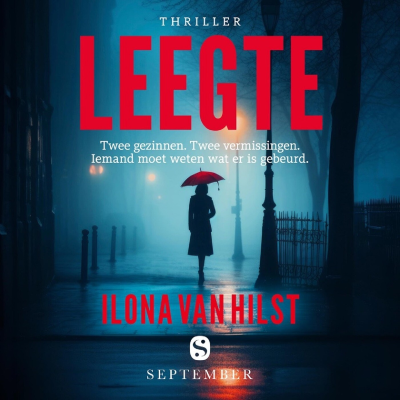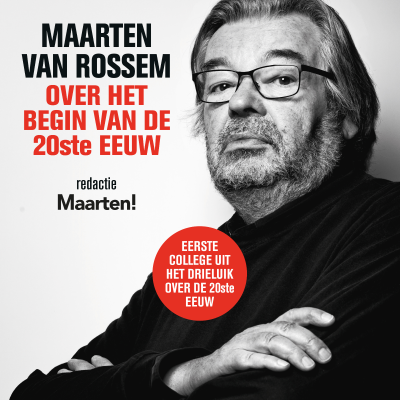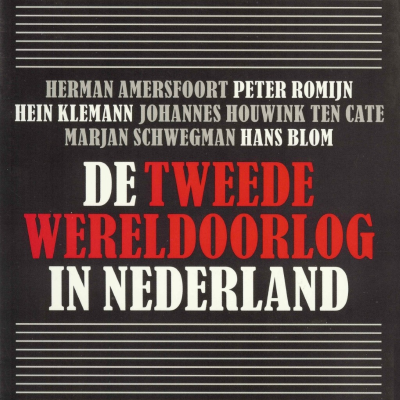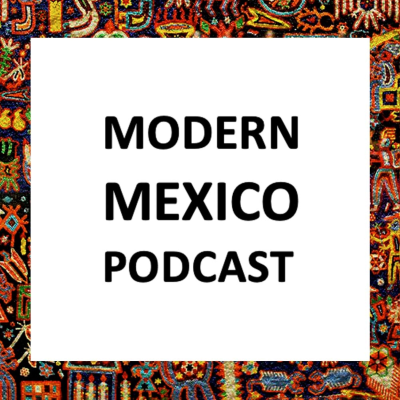
The Modern Mexico Podcast
Podcast door Nathaniel Parish Flannery
The #1 English-language podcast about business and politics in Mexico. On the MODERN MEXICO PODCAST, host Nathaniel Parish Flannery & a diverse group of guests discuss the paradoxes & potential of the U.S.'s most important trading partner. Episodes focus on the intersection between politics, organized crime, and business. Nathaniel has been living in Mexico since 2012 and has written about Mexico for THE NEW YORK TIMES, FOREIGN AFFAIRS, MONOCLE, AMERICAS QUARTERLY, and other magazines. He is now the Director of Research at LATIN AMERICAN LENS, a boutique political risk advisory firm that helps foreign executives successfully navigate Latin America.
Tijdelijke aanbieding
3 maanden voor € 1,00
Daarna € 9,99 / maandElk moment opzegbaar.
Alle afleveringen
26 afleveringenMexico’s tortilla industry is under threat from organized crime. In the state of Morelos, just outside Mexico City, tortilla-makers are complaining about local organized crime groups threatening and extorting them. More broadly, politicians and police are struggling to deal with a splintering roster of organized crime groups that are diversifying away from drug trafficking into a variety of new rackets including extorting local business owners, hijacking cargo trucks, and stealing lumber. One of the biggest challenges Mexico’s President Claudia Sheinbaum will face is whether or not she can improve security and reduce violent crime in places such as Morelos. On this episode of the podcast, host Nathaniel Parish Flannery speaks to Washington Post journalist Mary Beth Sheridan about her article about how organized crime groups are targeting tortilla makers in Morelos.
On this episode of the podcast, host Nathaniel Parish Flannery speaks to Will Freeman, a Latin America expert from the Council on Foreign Relations. Freeman says he would give President Claudia Sheinbaum's security plan a "C" or "D." He explains that he thinks Sheinbaum's policies are an improvement over the strategies implemented by former presidents Enrique Peña Nieto and Andres Manuel Lopez Obrador. He also talks about his recent trip to the state of Tabasco, his assessment of Donald Trump's statements about corruption and organized crime in Mexico, and gives a suggestion for how President Sheinbaum can tackle the problem of "narco politics" in Mexico.
An intelligent and in-depth discussion of Trump's 2025 tariff threats and what they mean for Mexico's economy. On this episode of the podcast, host Nathaniel Parish Flannery speaks to Diego Marroquin Bitar, a North America researcher at the Wilson Center, a Washington DC-based think tank. Diego says that Trump's 25% tariffs, implemented on March 4, 2025, represent a "red light" level of risk for foreign investors considering making investments in Mexico. He also explains why Mexico's economy is so vulnerable to Trump's bullying. Exports account for over a third of Mexico’s GDP and over 80 percent of Mexico’s exports go to the US. On the other hand, US exports of goods to Mexico account for only about 1% of the US’s GDP. Although both countries benefit from cross-border commerce, the relationship is more important to Mexico than it is to the U.S. But, Diego also gives Mexico's President Claudia Sheinbaum an "A" for her effort in dealing with Trump so far. To many observers it still seems like it’s still unclear if Mexico can really make a deal with Trump. Are the tariffs just a tactic for bullying Mexico during broader negotiations? Or are we starting an improvised experiment with radically shaking up the global trade system? “Trump 1.0 used tariffs as a bargaining chip. I think right now more than just a concession extraction tool tariffs are being used to undermine Mexico’s nearshoring potential. I think this is something [Trump and his team] are doing on purpose. They are making manufacturing in Mexico less attractive vis-à-vis the U.S.,” Diego said. Even before the new tariffs went into effect Mexico’s economy was only expected to grow by around 1 percent. Executives at foreign companies are going to have to figure out how serious Trump really is about using tariffs as a long-term economic strategy. In the short-term, this new environment of unprecedented levels of uncertainty in the global economy will hurt investment in Mexico.
On this episode of THE MODERN MEXICO PODCAST, host Nathaniel Parish Flannery speaks to historian Benjamin Smith (author of the book THE DOPE: THE REAL HISTORY OF THE MEXICAN DRUG TRADE) about the impact of the arrest of Sinaloa Cartel kingpin Ismael "El Mayo" Zambada. “El Mayo has had a very long history of almost five decades in the drug business. He started in the 1970s. He became a major exporter of cocaine. However, over the last decade or so El Mayo’s importance has... been as a key mediator between the Sinaloa Cartel and the federal and state government. He’s more of a political figure now. This is partly why people are worried about what’s going to happen in Sinaloa," Smith explains. Smith says he gives Mexico's President Lopez Obrador a bad grade for his security policies. "AMLO’s public attitude towards drug violence has been pretty depressing. He seems to delight in insulting civil society NGOs. He seems to denigrate victims. He excuses the military while at the same time talking very politely about narcos. He also appears to have made absolutely no effort whatsoever to improve the completely awful state of the judicial system," he says.
On this episode of the MODERN MEXICO PODCAST, host Nathaniel Parish Flannery speaks to journalist Ioan Grillo about the evolving dynamics of organized crime in Chiapas, Mexico. Recent events in Chiapas raise questions about what the government can do as powerful organized crime groups move into the state and local criminals adopt increasingly violent tactics. Over 98% of the murders recorded in Chiapas go unsolved. Grillo describes the current dynamic in Chiapas as "oppressive," "fractured," and "worsening." Chiapas has for centuries been a state where the federal government in Mexico City has struggled to exert control. Over the last thirty years many small towns controlled by the Zapatista rebel army have established their own autonomous fiefdoms. So this dynamic of weak federal government capacity and the existence of local strongmen has existed for a long time in Chiapas. But, in the last few years this nexus or synergy between local political bosses and organized crime groups seems to have become even more pervasive. Overall, Grillo gives Mexican President Andres Manuel Lopez Obrador a "D" for his security policies. Parish Flannery says, "Right now in Chiapas the police are only managing to solve around one in every hundred murders in the state. Social programs and soldiers are not a sufficient strategy for tackling violence. It just seems like it’s going to be impossible to improve the security dynamic in Mexico unless the new president takes the initiative to make a massive, multi-billion investment in improving the capacity of Mexico’s police and prosecutors."
Tijdelijke aanbieding
3 maanden voor € 1,00
Daarna € 9,99 / maandElk moment opzegbaar.
Exclusieve podcasts
Advertentievrij
Gratis podcasts
Luisterboeken
20 uur / maand


